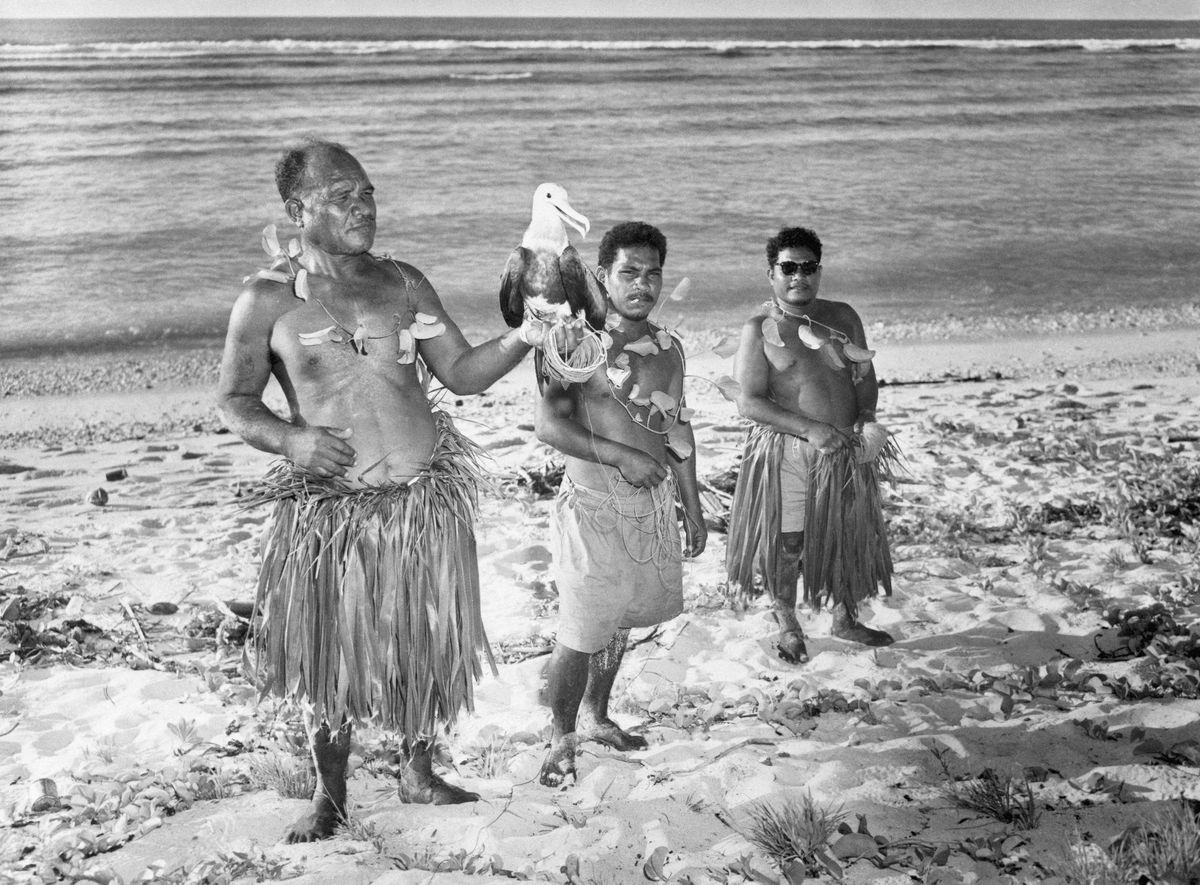love4livi.com – Nauru, a tiny island nation in the Central Pacific, is home to a unique and resilient indigenous population. The Nauruan people have a rich cultural heritage that has been shaped by their history, environment, and interactions with other cultures. This article explores the traditions and customs of Nauru’s indigenous people, highlighting their unique practices and the influences that have shaped their culture.
Historical Background
The Nauruan people are the indigenous inhabitants of Nauru, an island with a history dating back over 3,000 years. They are of mixed Micronesian, Melanesian, and Polynesian origin, which has contributed to the diversity of their cultural practices. The island’s isolation has allowed the Nauruan people to develop a distinct culture that is deeply rooted in their environment and traditions.
Traditional Practices
Fishing and Agriculture
Fishing and agriculture are central to Nauruan culture. The island’s indigenous people have traditionally relied on the sea for sustenance, developing sophisticated fishing techniques that have been passed down through generations. Agriculture, although limited by the island’s phosphate-rich soil, has also played a role in their subsistence practices.
Land Ownership
Nauru’s land ownership system is based on a unique clan-based structure. Each clan has its own territory, and land rights are passed down through family lines. This system has helped preserve the island’s natural resources and maintain social cohesion among the Nauruan people.
Religion and Spirituality
Before the introduction of Christianity in the late 19th century, the Nauruan people followed a traditional religion centered around the goddess Eijebong. The island of Buitani was considered a spiritual sanctuary, and the Nauruan people believed in a pantheon of deities that governed various aspects of their lives. Today, Christianity is the dominant religion on the island, but elements of traditional beliefs still influence Nauruan culture.
Cultural Influences
Colonial and Western Influence
Nauru’s indigenous culture has been significantly influenced by colonial and Western cultures. The introduction of Christianity, Western education, and popular culture has led to the displacement of many traditional customs. However, some aspects of Nauruan culture, such as traditional music, art, and crafts, have managed to survive and are still practiced today.
Modern Adaptations
Despite the influence of external cultures, the Nauruan people have adapted their traditions to fit modern life. For example, traditional dances and music are still performed during cultural festivals and celebrations, showcasing the resilience and adaptability of Nauruan culture.
Conclusion
Nauru’s indigenous people have a rich and diverse cultural heritage that is a testament to their resilience and adaptability. While their traditions have been influenced by colonial and Western cultures, the Nauruan people continue to celebrate and preserve their unique customs and practices. As the island faces modern challenges, the Nauruan people remain committed to maintaining their cultural identity and passing it on to future generations.
